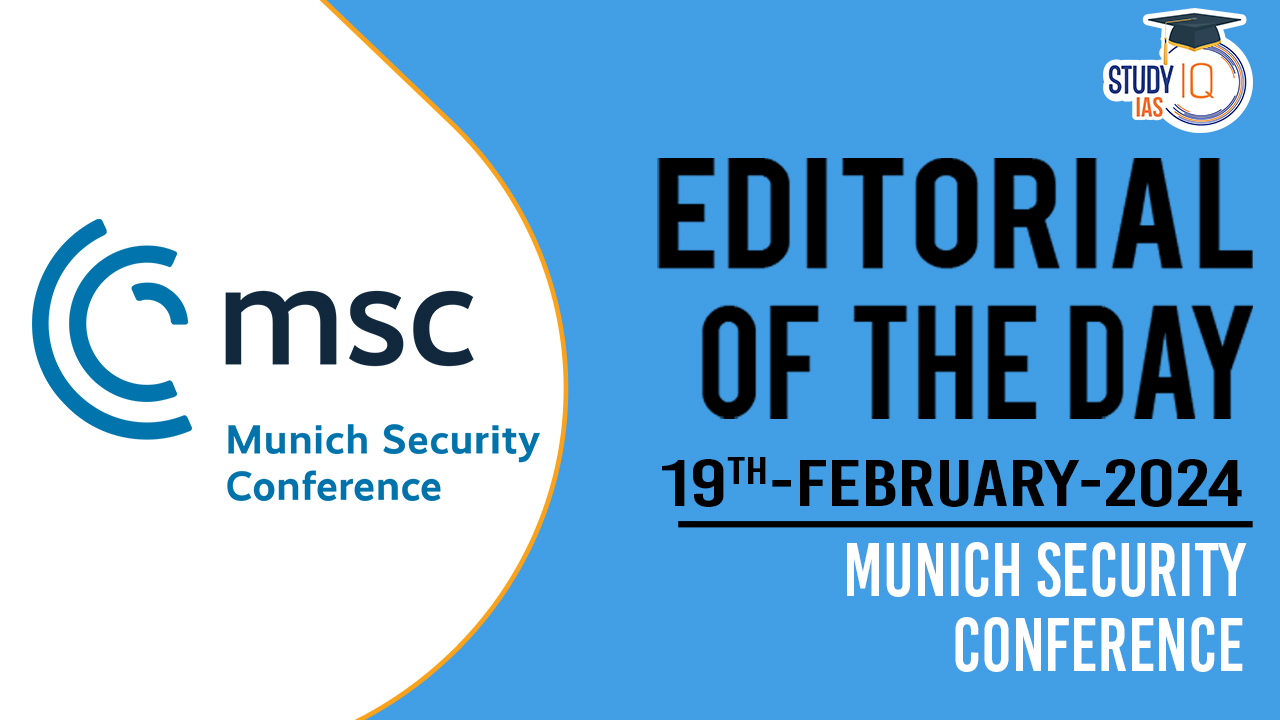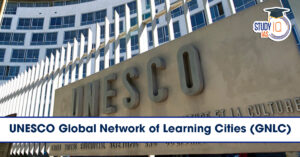Table of Contents
Context: Recently, India participated in the 60th Munich Security Conference.
India’s Stance in 60th Munich Security Conference
- India’s International Identity: India is framing itself as ‘non-West’ but not ‘anti-West’, indicating a strategic position that allows for independent foreign policy decisions while keeping the door open for collaboration with Western nations like the US and Europe.
- Diplomatic Discussions at Munich: At the Munich Security Conference, discussions featuring Indian, US, and German officials highlighted India’s efforts to balance its relationships across different global alliances, including BRICS and the Western bloc.
- Strategic Autonomy and Cooperation: India emphasises its strategic autonomy, seeking to maintain its own policy priorities while engaging with various global partners.
- This approach allows India to navigate complex international dynamics without being tied to a specific bloc.
- India-US Ties: The dialogue between India and the US acknowledges shared interests such as climate change, while recognizing India’s close relations with Russia.
- The Quadrilateral Security Dialogue exemplifies the deepening strategic ties between India and the US.
- Domestic Influences on Foreign Policy: Nationalist sentiments within India influence its foreign policy stance, but the government continues to pursue a balanced approach, engaging with both Eastern and Western partners, and ensuring its strategic interests are maintained.
We’re now on WhatsApp. Click to Join
About Munich Security Conference
Objective:
- Debate on international security policy.
- It serves as a platform for dialogue and debate among political leaders, policymakers, military officials, experts, and civil society.
History:
- Founded in 1963, initially focused on Cold War issues.
- Held annually in Munich, Germany, nicknamed “Davos of Defence“.
Evolution:
- Originally called Internationale Wehrkundebegegnung/Munchner Wehrkundetagung.
- Expanded participation to include rising powers like China, India, and Brazil.
- Adapted discussions to address global issues like West Asia, Arab uprisings, Iran’s nuclear program, and Ukraine War.
Significance:
- Leading forum for international security debate.
- Promotes dialogue and peaceful conflict resolution.
- Adapts to changing global dynamics.


 UNESCO Global Network of Learning Cities...
UNESCO Global Network of Learning Cities...
 National Livestock Mission (NLM): Object...
National Livestock Mission (NLM): Object...

























